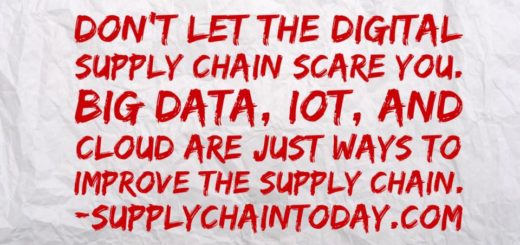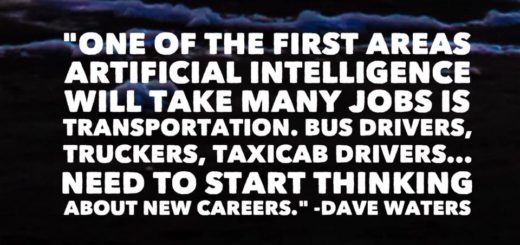BIG Data, Privacy, RFID Tracking, Global Supply Chains – Conference Keynote Speaker.
4 min video. From Youtube: Future of the retail industry – use of BIG DATA. Patrick Dixon delivers a conference keynote for BNP Paribas in Bulgaria. A world beyond mobile, instant global stock control and improved supply chains. Airbus use RFID in all 1.5m different components of each plane, tracking them across the world. Audi A6 — 85 door components, 50000 product combinations. The ‘internet of things’, location data of consumers and products creates ‘Big Data’. Making sense of the insights we are collecting on consumer behaviour, and shifting from marketing to creative advice.
Big Data, privacy, RFID tracking, and global supply chains are all related concepts that have significant implications for businesses and consumers.
- Big Data: The term “big data” refers to the vast amounts of data that are generated by businesses and consumers on a daily basis. This data can be used to gain valuable insights and improve decision-making, but it also raises concerns about data privacy and security.
- Privacy: Privacy concerns have been raised about the use of big data, particularly in relation to the collection, storage, and use of personal information. Companies need to ensure that they are collecting and using data in a way that is compliant with relevant regulations and that respects individuals’ rights to privacy.
- RFID tracking: RFID (Radio-Frequency Identification) tracking is a technology that uses radio waves to transmit data and track items. RFID tags can be attached to products, allowing them to be tracked throughout the supply chain. While RFID tracking can improve supply chain visibility and efficiency, it also raises concerns about data privacy and security.
- Global Supply Chains: Global supply chains involve the movement of goods and services across international borders. The use of big data, RFID tracking, and other technologies can help companies to improve the efficiency and visibility of their global supply chains. However, these technologies also raise concerns about data privacy and security, as well as the potential for negative impacts on workers and the environment.
Overall, these concepts are interconnected, and they raise a number of challenges and opportunities for businesses and consumers. Companies need to ensure they are using these technologies in a way that respects individuals’ rights to privacy and security, while also addressing the challenges and opportunities presented by global supply chains.
Other videos you may find interesting:
- Automation Videos.
- Big Data Videos.
- Big Ideas: How Big is Big Data?
- Ford Smart Mobility Experiment: Big Data Analytics.
- How It Works: Internet of Things IoT.
- Internet of Things (IoT) – We Are at the Tip of An Iceberg.
- IoT Videos.
- Motoman robots packing IKEA book cases.
- Supply Chain Information Portal
- The Internet of Things is Just Getting Started.






































